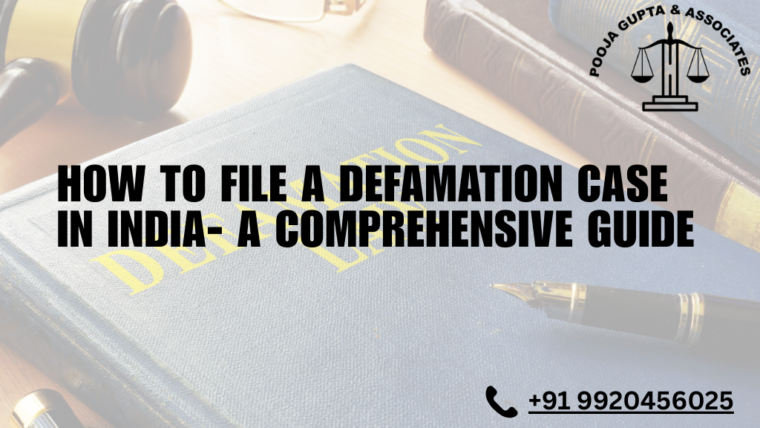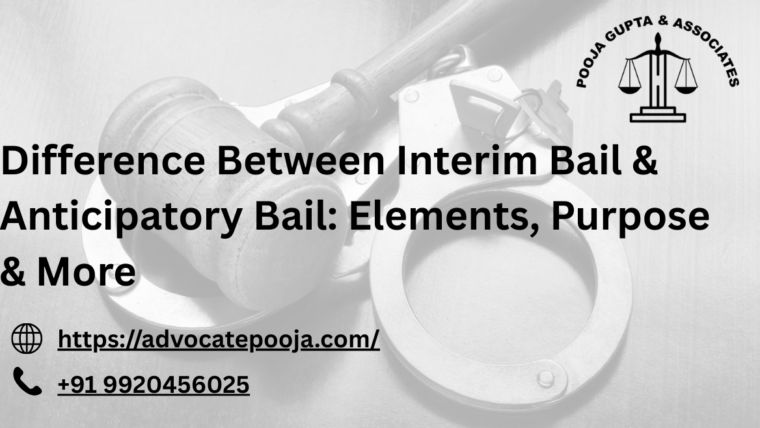Defamation is a legal term that refers to harming another person’s reputation by making false statements. In India, defamation is addressed under both civil and criminal law, providing individuals with avenues to seek redress when their reputation is unjustly tarnished. 1. Understanding Defamation in India…







